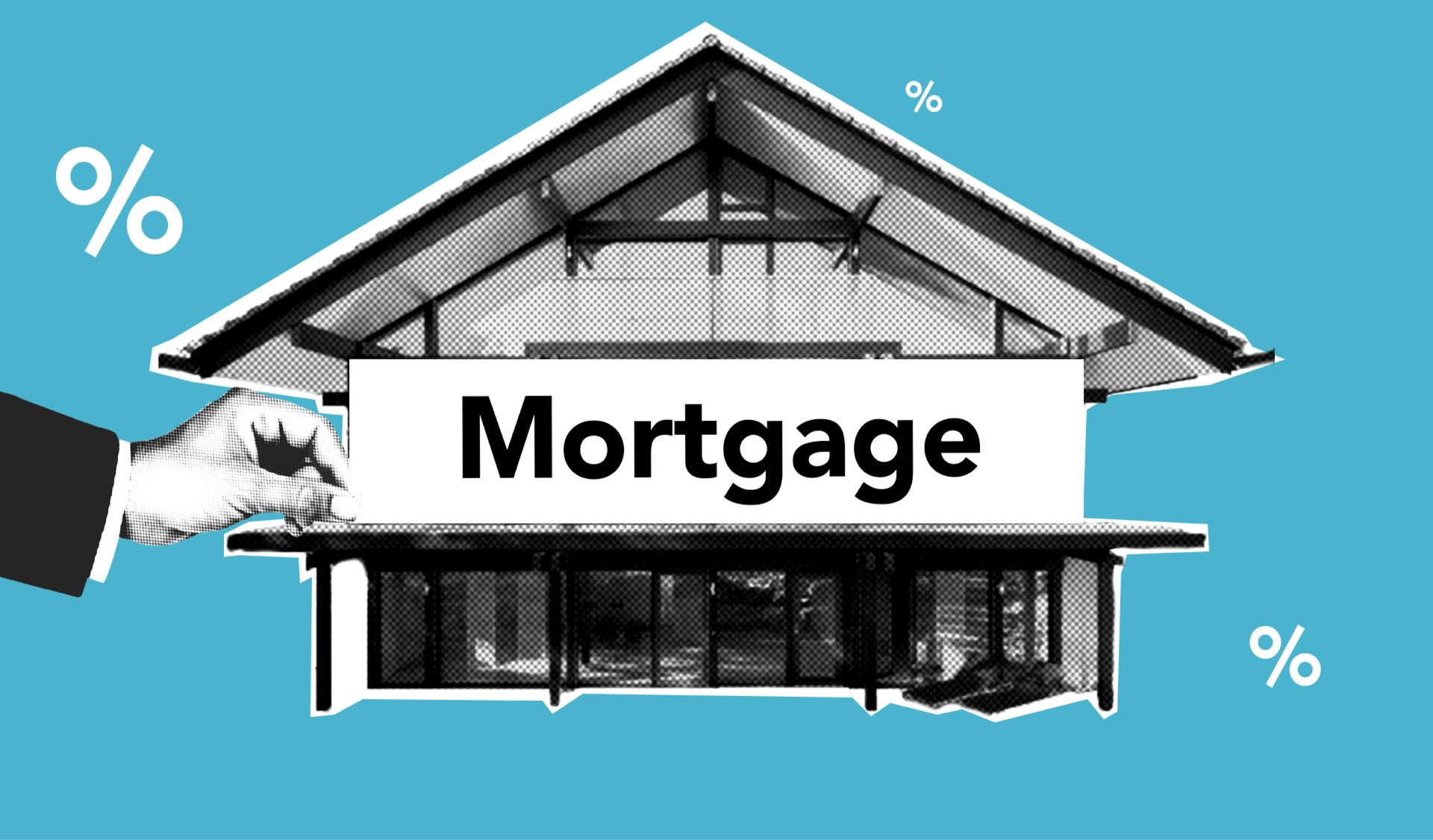What Is A Mortgage? Understanding the Basics
The "A, B, C's" ...
Buying a home is one of the biggest financial decisions most people will ever make — and for most, it’s not something paid for in cash. That’s where a mortgage comes in. A mortgage is a loan used to purchase or refinance real estate, where the property itself serves as collateral. In simple terms, you borrow money from a lender to buy a home, and you agree to pay it back over time — usually 15, 20, or 30 years — with interest.
How a Mortgage Works
When you take out a mortgage, you and your lender agree on a few key details:
- Loan Amount (Principal): The amount you borrow to buy the home.
- Interest Rate: The cost of borrowing the money, expressed as a percentage.
- Loan Term: How long you have to repay the loan (e.g., 30 years).
- Monthly Payment: The amount you pay each month, which typically includes:
- Principal: The portion that reduces your loan balance.
- Interest: The lender’s charge for the loan.
- Taxes and Insurance: Many lenders include these in your payment through an escrow account.
Over time, your payment gradually shifts early on, more goes toward interest; later, more goes
toward principal. This process is called amortization.
Types of Mortgages
There’s no one-size-fits-all mortgage. Here are the most common types:
- Fixed-Rate Mortgage: The interest rate stays the same for the life of the loan.
- Adjustable-Rate Mortgage (ARM): The rate can change periodically based on market conditions.
- FHA Loan: A government-backed loan designed for lower credit scores or smaller down payments.
- VA Loan: Available to eligible veterans and military members, often with no down payment.
- USDA Loan: Designed for rural and suburban homebuyers who meet income requirements.
- Conventional Loan: Is a type of mortgage that is not insured by the federal government.
What Lenders Look For
Before approving a mortgage, lenders evaluate your financial picture. They typically consider:
- Credit Score: A measure of your creditworthiness.
- Debt-to-Income Ratio (DTI): Your monthly debt payments compared to your income.
- Down Payment: How much cash you can put toward the purchase.
- Employment and Income Stability: Proof you can make consistent payments.
Why Mortgages Matter
Mortgages make homeownership accessible. Instead of saving hundreds of thousands of dollars upfront, you can buy now and pay over time. As you make payments and your home’s value grows, you build equity — the portion of the home you truly own.
The Bottom Line
A mortgage isn’t just a loan — it’s a financial tool that helps people achieve homeownership. Understanding how it works empowers you to make smarter decisions when shopping for a home or refinancing your existing loan.
Looking to get qualified, we’re here to help!
Jesse Young
Neighborhood Loans
jyoung@neighborhoodloans.com
817-939-1467 (Direct)











